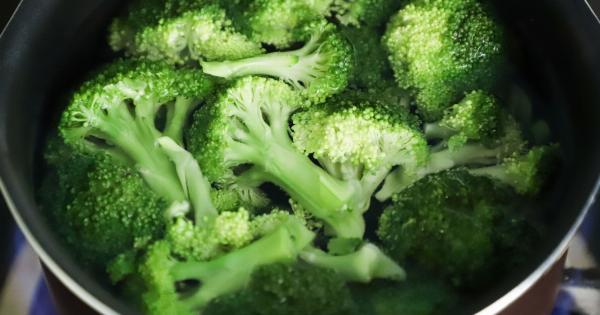When you hear the word Hippopotamus, the first thing that comes to mind is a large, bulky, semi-aquatic herbivorous mammal commonly known as the ‘river horse’.
While the Hippopotamus is known to be a dangerous animal in the wild, it is also a source of rich nutritional benefits.
What is Hippopotamus Meat?
The Hippopotamus or ‘Hippo’ meat is considered a delicacy and is derived from the large land animal that can weigh up to 1,500 kg. It is lean, tender, and tastes like beef only gamier.
Unlike beef and pork, hippo meat is rarely consumed as it is illegal to hunt and kill them in many countries.
What are the Nutritional Benefits of Hippopotamus Meat?
Hippopotamus meat is a rich source of proteins. Proteins are required for the building and repair of muscle tissues, enzymatic functions, and the production of some hormones and antibodies.
It contains essential vitamins such as B vitamins, which help to convert food into energy, promote the nervous system’s health, and support red blood cell function.
Hippopotamus meat also contains essential minerals such as iron, zinc, and phosphorus, which are vital for the production of healthy red blood cells, immune function, and promoting bone health.
How is Hippopotamus Meat Prepared?
Preparation of Hippopotamus meat requires patience and skill due to its toughness, gamy taste, and fat content. The meat is usually soaked in brine for at least 24 hours to remove the blood and some of the game taste.
After soaking, it is typically boiled, smoked, or grilled.
Who Eats Hippopotamus Meat?
The consumption of Hippopotamus meat is rare and limited as it is illegal in many countries to hunt and kill them.
However, in some African countries such as Zambia, Zimbabwe and South Africa, it is considered a delicacy and is consumed by some locals and tourists.
Hippopotamus Tongue: A Delicacy?
While Hippo meat is rare, the Hippopotamus tongue has long been considered a delicacy in some African cultures. It is a relatively small and tender cut of meat, which is often sliced and served in a stew or grilled to accompany other game meats.
The Dangers of Consuming Hippopotamus Meat
Consuming Hippopotamus meat can be dangerous if not properly cooked or handled. Due to their semi-aquatic nature and living habitats, Hippos carry many diseases such as anthrax, tuberculosis, Yersinia pestis, and Escherichia coli (E. coli).
Additionally, Hippos are commonly infected with the deadly African Tick-bite fever (ATBF) that is transmittable from Hippopotamus meat and other animal products. Therefore, it is advisable to take precautionary measures such as cooking the meat at high temperatures to kill bacteria and always seeking medical attention if symptoms such as fever, vomiting, or diarrhea occur after consuming Hippopotamus meat.
Conclusion
Hippopotamus meat is a rare delicacy, rich in protein, essential vitamins, and minerals since it is illegal in many countries to hunt and kill them.
While the consumption of Hippopotamus meat is considered a luxury by some, it comes with significant risks and dangers. Therefore, it is crucial to adhere to proper handling and cooking procedures to ensure the meat’s safety.






























